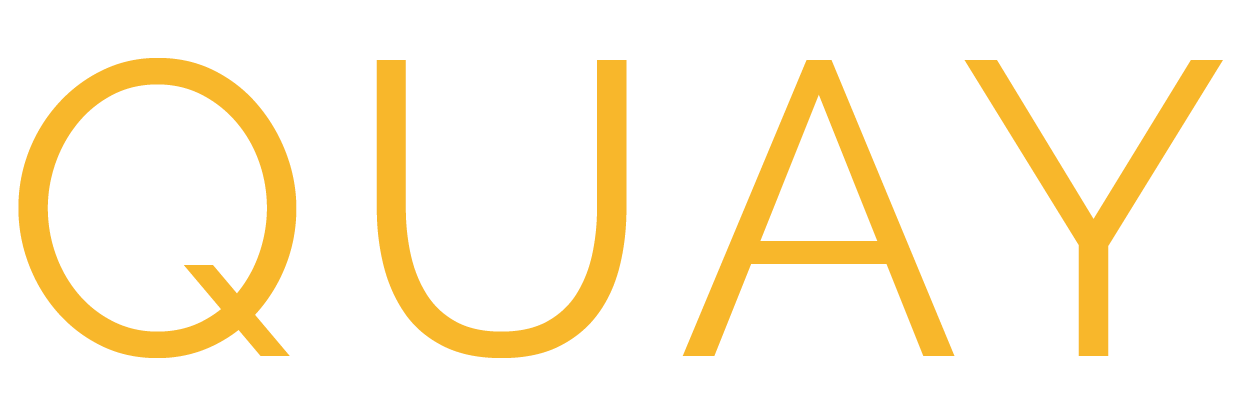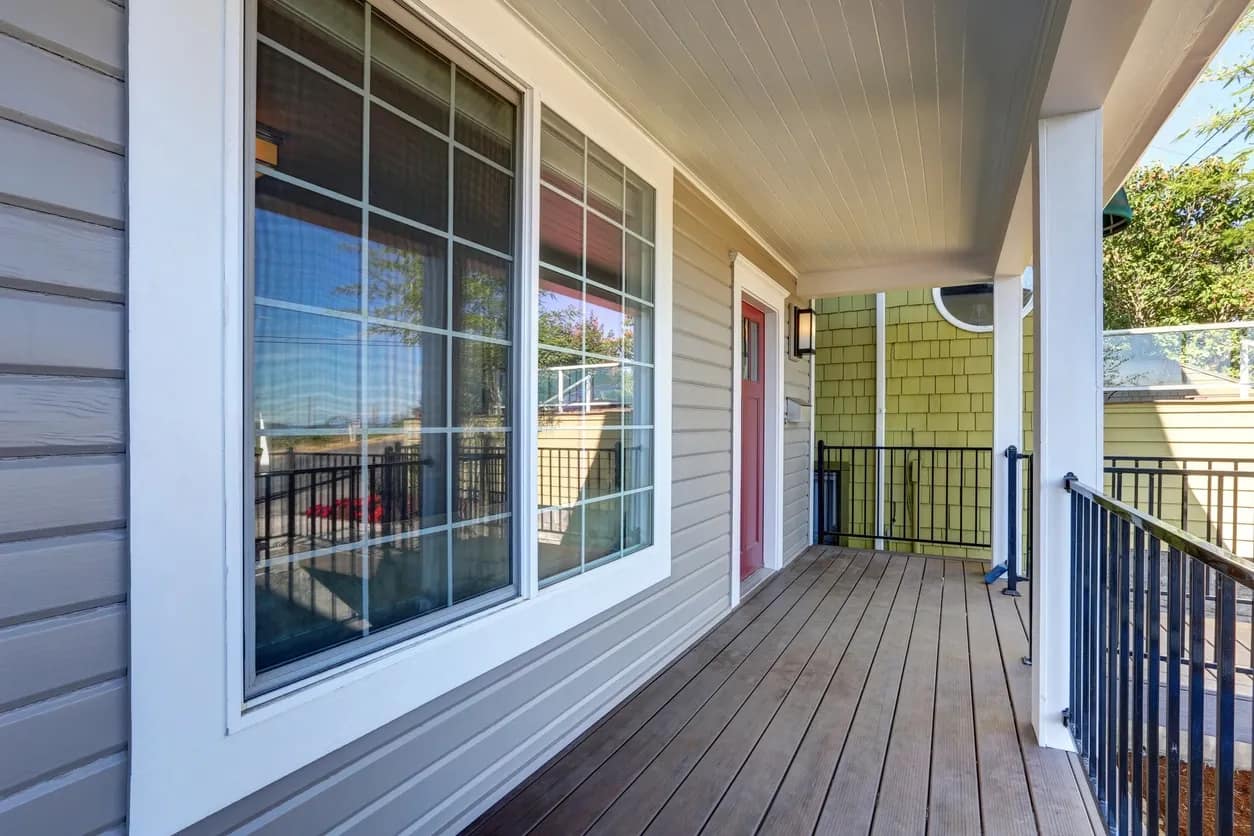12 Energy-Efficient Upgrades for Your Vancouver House Renovations
Renovations can be challenging and not to mention pricy. If you are embarking on the journey of renovating your Vancouver home, you ideally want your renovation to serve you and your family for years, if not decades, to come. As such, you want to make sure your renovation can stand the test of time. One of the ways to ensure this is future-proofing your home. How you ask? Thinking energy efficiency is a great place to start.
Of course appliance options, flooring, faucets and pendants are more exciting to browse through. Who doesn’t love a little shopping spree? But in the midst of excitement, you should not neglect the pieces in the background that make your house function.
At Quay Construction, we’re all about turning your house into a dream home, and we’ve got some exciting insights for you on energy-efficient upgrades that can truly transform your Vancouver abode.
When it comes to house renovations in Vancouver, incorporating energy-efficient elements isn’t just a trend—it’s a smart move. Not only do these upgrades contribute to a greener environment, but they can also significantly reduce your utility bills over time. Win-win, right?
So, let’s dive into some fantastic options for energy-efficient upgrades that our team at Quay Construction recommends for your Vancouver home:
1. LED Lighting Fixtures
Swapping out those old incandescent bulbs for energy-efficient LED lighting can make a remarkable difference. LED bulbs use significantly less energy and last longer than traditional ones, keeping your home well-lit while cutting down on electricity consumption.
Incandescent bulbs waste a lot of energy by producing more heat than light. Up to 90% of the energy they consume is emitted as heat, making them highly inefficient. These bulbs have a relatively short lifespan compared to LED lights. They typically last for around 1,000 to 2,000 hours, which means frequent replacements and higher maintenance costs.
LED bulbs, on the other hand, are incredibly energy-efficient. They use up to 80-90% less energy than traditional bulbs, and have a remarkably longer lifespan compared to traditional bulbs. They can last anywhere from 25,000 to 50,000 hours or more, reducing the frequency of replacements and maintenance costs. As a bonus, LEDs contain no hazardous materials and are recyclable.
2. High-Efficiency Appliances
Opting for Energy Star-rated appliances in your kitchen or bathroom can be a game-changer. These appliances are designed to operate efficiently, reducing energy usage without compromising on performance. If you’d like to learn more about choosing the right appliances for your new kitchen, you can check out our detailed blog post on appliances.
3. Smart Thermostats
In Vancouver we get to experience all four seasons in their full glory (well maybe not so much a true Canadian winter), and a smart thermostat can help regulate your home’s temperature more efficiently. With programmable settings and the ability to learn your preferences, these devices optimize energy use, keeping you comfortable while cutting down on heating and cooling costs throughout the year.
4. Improved Insulation
Vancouver’s weather can be a tad unpredictable, but a well-insulated home can keep you cozy year-round. Adding or upgrading insulation in key areas like attics, walls, and floors can significantly reduce energy loss, keeping your home at an ideal temperature without excessive reliance on heating or cooling systems.
5. Solar Panels
Consider harnessing the power of the abundant Vancouver sunlight with solar panels. While this might be a larger investment initially, solar panels can substantially lower your energy bills over time and contribute to a more sustainable environment.
Vancouver’s net metering policies allow homeowners to earn credits for excess electricity generated by their solar panels. This surplus energy is fed back into the grid, and in return, homeowners receive credits on their electricity bills, further reducing costs. Although the initial investment in solar panels might seem significant, they offer long-term savings. Once installed, solar panels have minimal maintenance costs and can last for 25 years or more, providing consistent energy savings throughout their lifespan.
6. Energy-Efficient Windows
Installing double or triple-pane windows with low-emissivity coatings can minimize heat loss in winter and heat gain in summer. These windows help maintain a comfortable temperature indoors, reducing the load on your HVAC system.
Energy-efficient windows are designed with multiple panes of glass, often with low-emissivity (low-E) coatings and insulating gas fills (like argon or krypton) between the panes. This construction helps reduce heat transfer, keeping your home warmer in winter and cooler in summer. Improved insulation in energy-efficient windows helps prevent condensation from forming on the interior surface of the glass. This reduces the risk of mold growth and moisture-related issues. In addition to thermal benefits, these windows can also provide better sound insulation, reducing the amount of external noise entering your home, creating a quieter and more peaceful indoor environment.
7. Low-Flow Fixtures
Low-flow fixtures are water-saving plumbing devices designed to reduce the amount of water used in various household activities. Incorporating these fixtures into your Vancouver home renovation not only helps conserve water but also contributes to lower utility bills.
Aerators for Faucets
Faucet aerators are simple devices that can be added to the tip of a faucet. They mix air with the water, maintaining water pressure while reducing the overall flow. Aerators are an affordable and effective way to make existing faucets more water-efficient.
Low Flow Shower Heads
Low-flow showerheads are designed to limit the flow of water while maintaining sufficient water pressure. They typically have flow rates of 2.0 gallons per minute (GPM) or less, significantly less than older, conventional showerheads that can have flow rates of 2.5 GPM or more. These fixtures help conserve water without sacrificing the shower experience.
Low Flow Toilets
Dual-flush toilets offer two flushing options: a low-volume flush for liquid waste and a higher-volume flush for solid waste. This design allows users to choose the appropriate flush for the type of waste, significantly reducing water usage compared to traditional toilets with a single flush option.
8. Energy-Efficient HVAC Systems
High-efficiency heating, ventilation, and air conditioning (HVAC) systems can significantly reduce energy consumption. Consider options like heat pumps or geothermal systems for more sustainable heating and cooling.
Unlike traditional HVAC systems, high-efficiency models often feature variable-speed technology. This allows the system to adjust its operation based on the heating or cooling needs of the moment, providing more precise temperature control and reducing energy waste.
Some high-efficiency HVAC systems offer zoning capabilities, allowing you to control the temperature in different areas of your home independently. This can be especially beneficial for larger homes, optimizing energy use by only heating or cooling the areas that are in use.
As an added bonus, high-efficiency HVAC systems are often designed for quiet operation. This not only enhances comfort but also ensures that the system runs smoothly without causing unnecessary noise disruptions.
9. Reflective Roofing
Vancouver summers can get warm, and a reflective or cool roof can help reduce heat absorption, keeping your home cooler and reducing the need for excessive air conditioning.
10. Energy-Efficient Landscaping
Another fantastic, but often overlooked aspect of a energy efficient home is its landscaping. Strategic landscaping with shade-providing trees or shrubs can help control the temperature around your home. This can reduce the workload on your HVAC system, especially during warmer months.
11. Water Heater
Depending on the size of your home and number of people in your household, you may want to consider a tankless water heater for your new home or your next home renovation. Tankless water heaters use less energy than traditional water heaters, saving you money on your utility bills. If you’d like to learn more about tankless water heaters you can check out our Ultimate Guide to Tankless Water Heaters.
12. Energy-Efficient Insulated Doors
Just like windows, doors play a role in insulation of your home. Installing energy-efficient, insulated doors can help maintain a consistent indoor temperature. Insulated doors are commonly used for exterior doors, including entry doors and garage doors. An insulated door refers to a door that is designed and constructed with materials that enhance its thermal resistance, helping to minimize the transfer of heat between the interior and exterior of a building. Many insulated doors come with energy efficiency ratings that indicate their effectiveness in preventing heat transfer. In the case of entry doors, they often include weather stripping along the edges to create a tight seal when the door is closed. This seal helps prevent drafts, air leaks, and the infiltration of outdoor temperatures, contributing to improved insulation.
Each of these upgrades can contribute to making your Vancouver home more energy-efficient while potentially saving you money in the long run. Incorporating a combination of these options tailored to your specific needs can truly transform your house into an eco-friendly and cost-effective haven.
At QUAY, we understand that every house renovation project is unique. That’s why our team works closely with you to tailor these energy-efficient upgrades to suit your specific needs and budget. If you’re looking for expert house renovation contractors in Vancouver who prioritize energy efficiency without compromising on style or functionality, we’ve got your back. Book a free consultation with us online to learn how you can turn your house into an energy-efficient haven you’ll love coming home to.
www.quayconstruction.ca
info@quayconstruction.ca
(778) 697-9924




